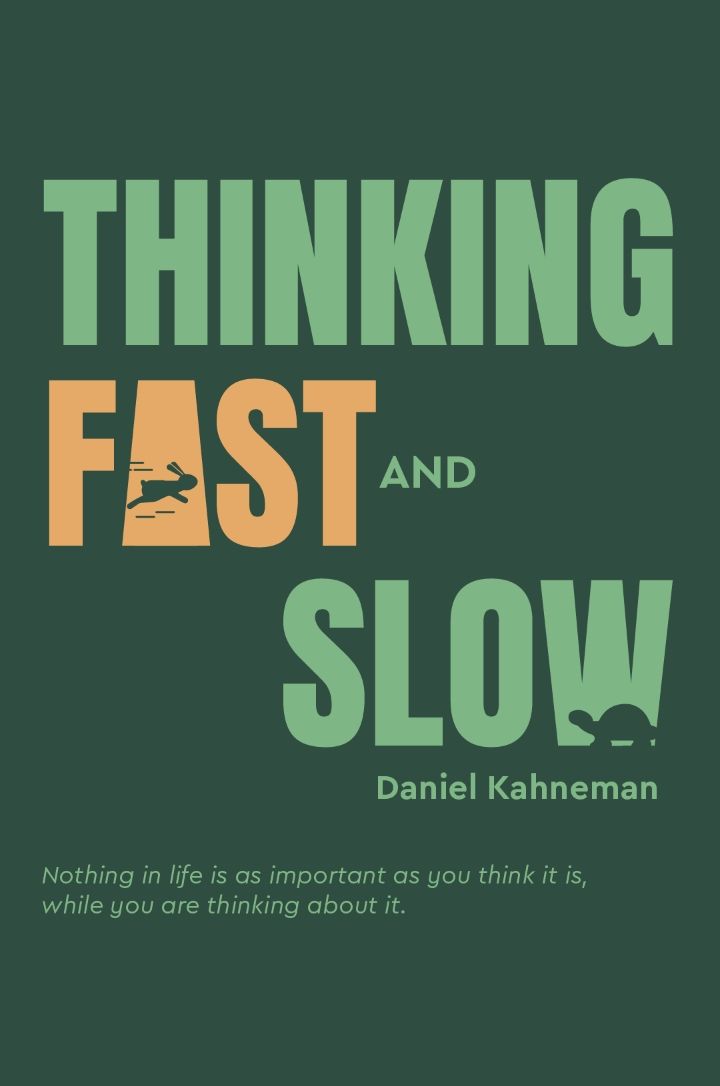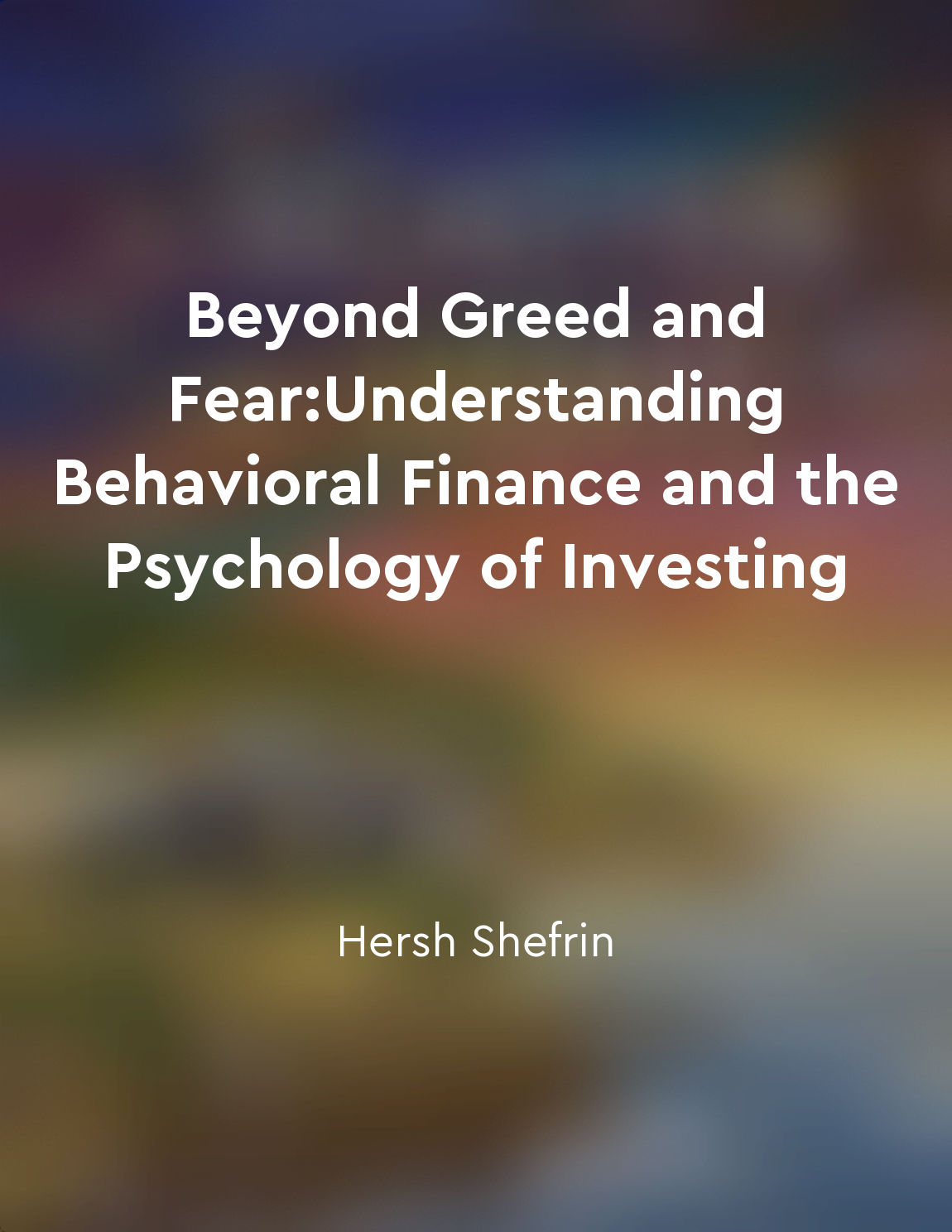Financial decisions are influenced by past experiences from "summary" of Your Money and Your Brain by Jason Zweig
Our brains are wired to learn from experience, and this includes financial experiences. When we make decisions about money, our brains automatically reference past experiences to guide our choices. These experiences can range from childhood memories of saving money in a piggy bank to the more recent experiences of investing in the stock market. Regardless of the specific experience, our brains use this information as a reference point for making financial decisions in the present. One of the key ways in which past experiences influence our financial decisions is through emotional responses. For example, if we had a positive experience with a particular investment in the past, our brains may associate that investment with feelings of pleasure and success. This positive emotional response can then influence our decision-making process, leading us to favor similar investments in the future. On the other hand, if we had a negative experience with a certain financial decision, our brains may trigger feelings of fear or anxiety when faced with similar choices in the future. In addition to emotional responses, past experiences also shape our cognitive biases when it comes to money. These biases can include overconfidence, loss aversion, and confirmation bias, among others. Our brains rely on these biases to help us make quicker decisions in uncertain situations, but they can also lead us astray when it comes to financial decision-making. For example, if we have experienced a string of successful investments in the past, we may become overconfident in our abilities to predict future market trends. This overconfidence can then lead us to take on more risk than we should, potentially putting our financial well-being at risk.- The concept that financial decisions are influenced by past experiences underscores the importance of understanding how our brains process information related to money. By recognizing the role that past experiences play in our decision-making process, we can work to overcome biases and emotional responses that may lead us astray. This awareness can help us make more rational and informed financial decisions, ultimately leading to better outcomes in the long run.
Similar Posts

System 1 operates automatically and quickly
System 1 is the name we gave to the operations of the mind that are fast, automatic, effortless, associative, and often emotion...
Markets allocate resources efficiently
The concept that markets allocate resources efficiently is a fundamental principle in economics. When consumers and producers i...
Sovereign wealth funds are becoming increasingly important players in global finance
Sovereign wealth funds have emerged as significant players in the global financial landscape. These funds are established by go...

Herding behavior can drive market trends
In the world of investing, it is often observed that market trends can be heavily influenced by herding behavior. This phenomen...
Learning from past mistakes is a key aspect of growth as an investor
In the world of investing, mistakes are inevitable. As an investor, it is crucial to recognize and learn from these mistakes in...

Create a budget
Creating a budget is a crucial step in achieving financial success. Without a budget, it is easy to overspend and lose track of...
Think long term
To truly understand the concept of thinking long term, it is crucial to recognize that most of the important things in life tak...
Alternative investments provide diversification benefits
Alternative investments, such as private equity, hedge funds, real estate, commodities, and infrastructure, offer institutional...
Give back to others and contribute to the community
The concept of helping others and making a positive impact on the community is essential in the journey towards financial wisdo...
Neuroplasticity offers hope for brain injury recovery
Neuroplasticity is essentially the brain's ability to rewire and adapt in response to different experiences and circumstances. ...

